Services We Offer

We help Women:
✓ in peri-menopause & menopause
✓ get rid of symptoms
✓ so you feel like yourself again
Restore, rebalance and renew vital hormones with MedStudio's specialized care designed for women.
Expert guidance: Compassionate and confidential care at every step.
Enhanced well-being: A holistic approach to optimized hormone health.


















We help Men:
✓ with Low T & in Andropause
✓ Get your Drive Back - Enhance Performance
✓ Revitalize your Life and Feel Young Again
Boost confidence, spontaneity and intimacy with MedStudio's specialized care for low testosterone.
Expert guidance: Compassionate and confidential care at every step.
Enhanced well-being: A holistic approach to improved sexual wellness.
Why people trust MedStudio®

3 steps to feel like yourself again
Step 1: Schedule your consult - We provide a no-obligation, free 30-minute consultation to understand your needs.
Step 2: Customized Treatment Plan - We develop a unique health care plan tailored to your needs.
Step 3: Ongoing Support - We offer continuous care, natural hormone therapy, and support throughout your treatment.
Leave your struggles with intimacy in the past and embrace your future filled with passion and pleasure.
More than 35,000 treatments completed. More than 2,500 relationships saved. More than 14,000 lives changed.